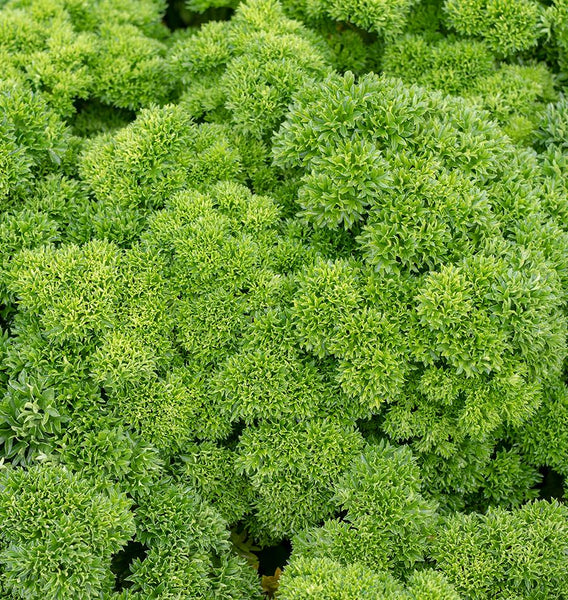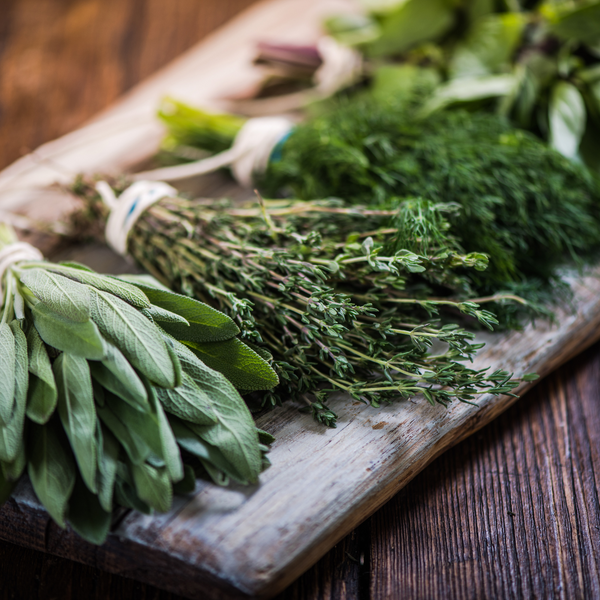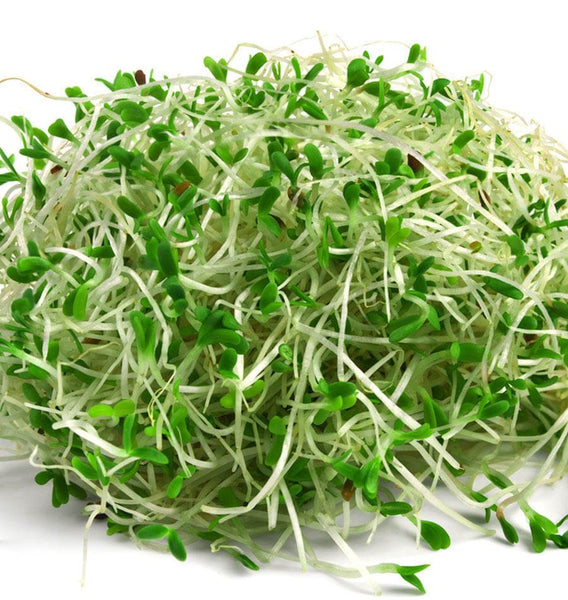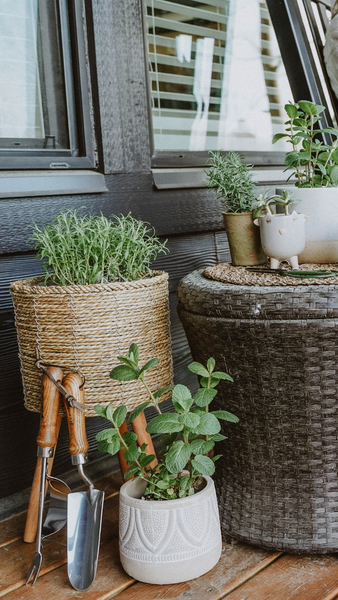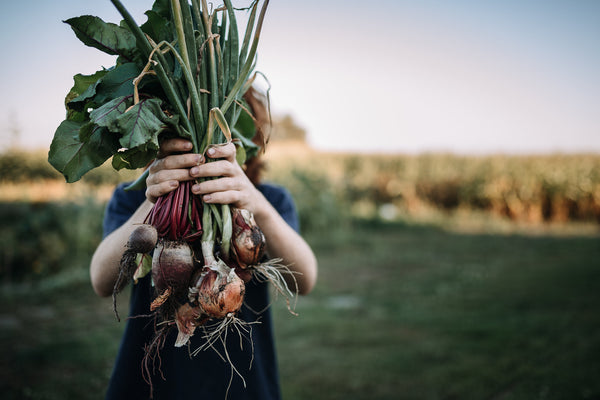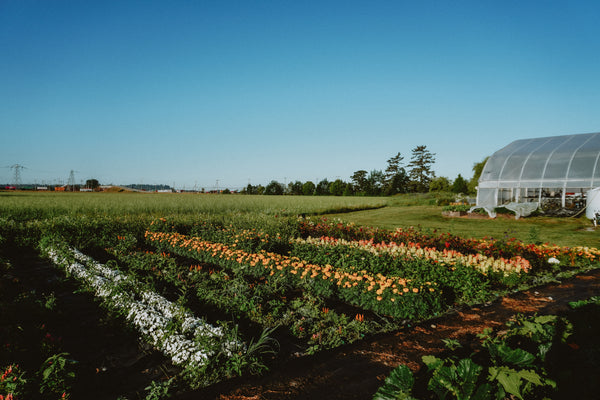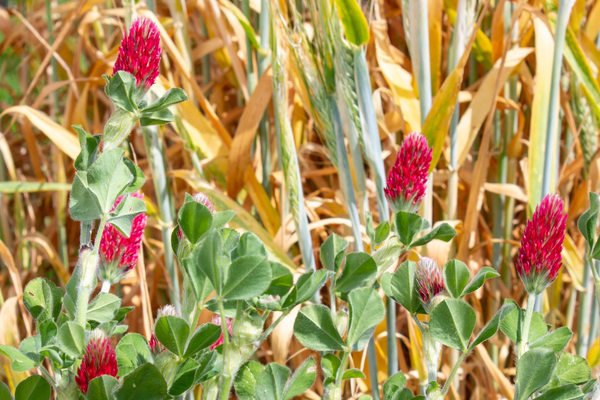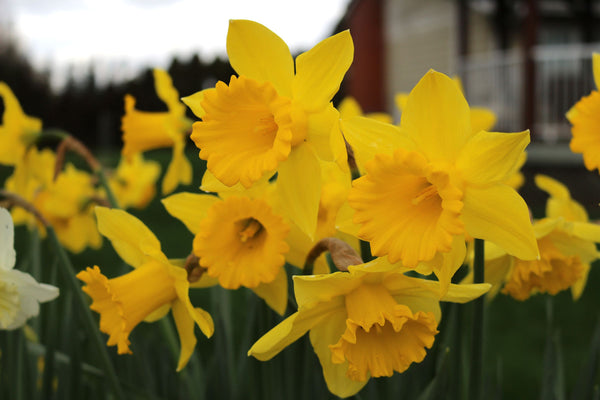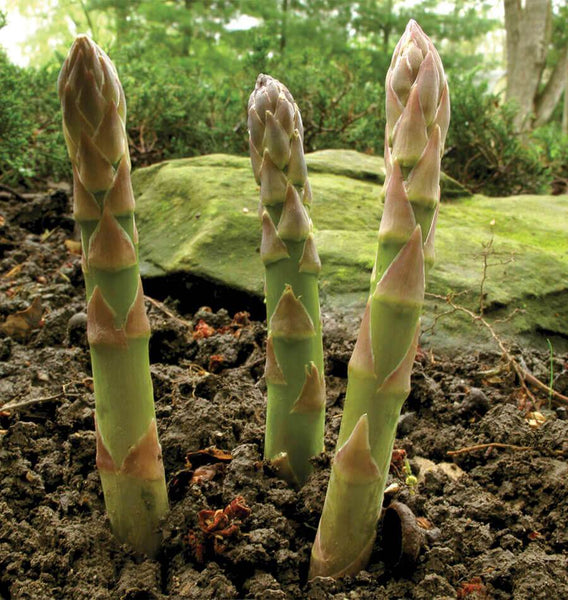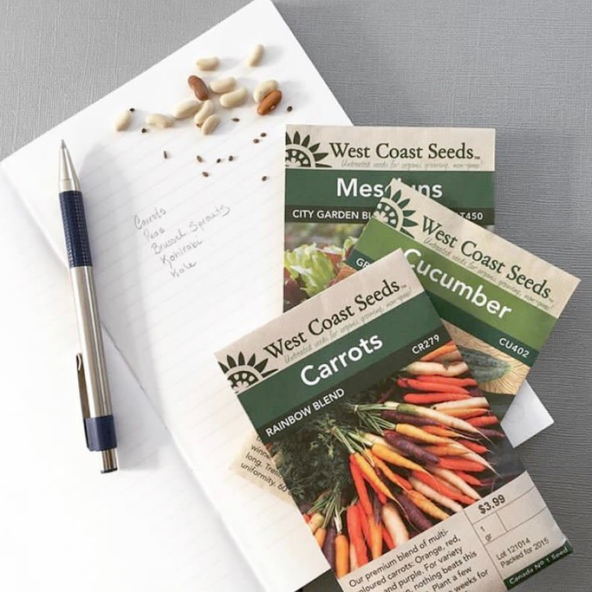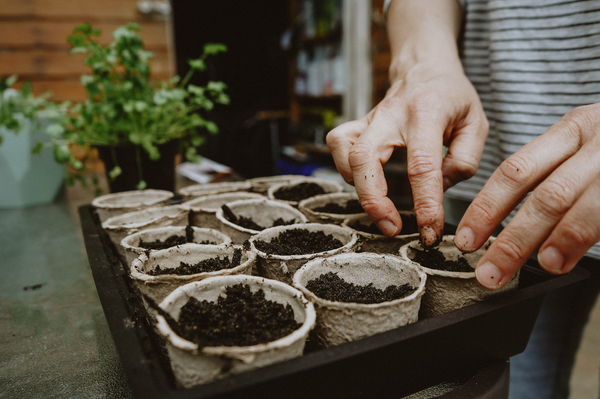Grow chickpeas as a garden vegetable, as a cover crop, or for sprouting seeds. To produce mature chickpeas, just follow these simple directions on how to grow chickpeas.
Latin
Cicer arietinum
Family: Fabaceae
Difficulty
Moderately easy
Season & Zone
Season: Warm season
Exposure: Full-sun
Timing
Chickpeas require 90-100 days to mature from sowing date. Start them indoors approximately 4 weeks before the last average frost date, or direct sow once the soil has warmed up in the spring. Optimal soil temperature: 10°C (50°F). Seeds sprout in 14-21 days depending on conditions.
Starting
Avoid disturbing the roots. Sow seeds 1cm (1/2”) deep, one seed per cell or in peat/coir/paper pots that can be transplanted into the ground. Do not soak the seeds prior to planting.
Days to Maturity
From sowing date.
Growing
Ideal pH: 6.0-8.0. Transplant when the seedlings are at least 10cm (4”) tall, taking care to leave the roots undisturbed. Grow in full sun in rich soil with good moisture retention. Space plants 15cm (6”) apart - they will eventually support one another. The plants have shallow root systems that are easily damaged by cultivation, so take care to hand weed around plants as they become established. Avoid overhead watering.
Harvest
Use fresh pods when they are still green. For dry seeds, wait until the plants turn brown and then allow them to dry completely on a flat surface. Harvest the seeds as the pods split when they are completely dry.
Seed Info
In optimum conditions at least 65% of seeds will germinate. Usual seed life: 3 years. Per 100’ row: 200 seeds, per acre: 100M seeds.
Companion Planting
Chickpeas fix nitrogen in the soil. Plant with beets, Brassicas, carrots, celery, chard, corn, cucumber, eggplant, peas, potatoes, radish, and strawberries. Avoid planting near chives, garlic, leeks, and onions.
More on Companion Planting.
